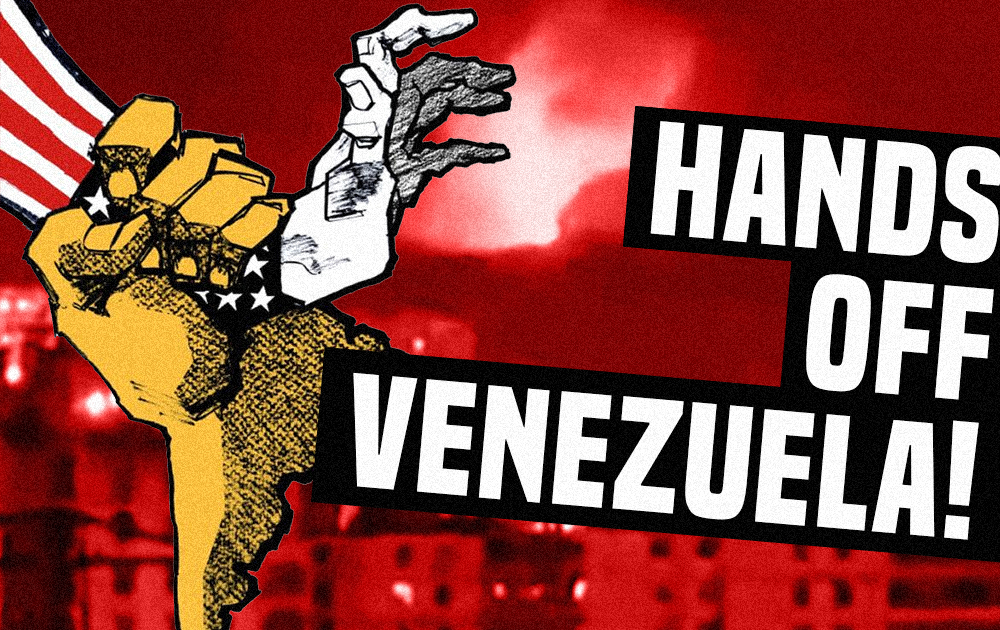Tarragona, one of the industrial hearts of Spain, is one of the areas where unemployment is going to hit hard as the current crisis deepens. The region’s high percentage of industrial workers in the petrochemical industries and the big tourism sector is going to make September a difficult time, as hotels close and tourists return home.
The history of the workers in Emte Service, a small company of around 50 workers, is not particularly special in and of itself. However, it is much more common that you may think. Nevertheless it will not hit the media headlines and can be easily passed by unnoticed.
The workers of Emte Service have been negotiating for a long time with the bosses for a completion of their agreement. This struggle was not about improving their working conditions. It was simply about getting what was theirs by law, such as overtime pay, extra shift payments, annual wages raise and so on.
But things turned ugly when one of the workers was sacked. Nicolae, who has a son with cancer in a Barcelona hospital, some 100 miles from Tarragona, asked for some holidays to look after his child. While he was on holiday he was sacked.
The shop stewards committee at Emte Service called a workers’ assembly which decided unanimously to go on strike until Nicolae, a Rumanian worker, was allowed back.
The first day of the strike was on 19 June. The strike was very similar to those of British workers, with a picket line and banners. They gave out leaflets to other workers and people passing by to inform them of what the strike was about and ask for some support. While in Britain, by law you can only have four workers on a picket line, in Spain there are no such limits, as long as they are peaceful. In such cases, the mood can be more cheerful and you have more opportunities of talking to people and the day goes by.
This was generally true for the workers of Emte, but everything changed when the manager of the company turned up. He did not come with the intention of negotiating or talking to the workers but to literally run them over with his car. He drove at full speed down the road, slowed down a little and then turned his car into the pickets, injuring two of the workers. Pickets, myself included, had to physically stop his car to prevent being run over. By the expression of shock on the faces of the workers I could understand that this was not a usual way of breaking a strike. “Bosses may use different dirty tricks to break a strike, but this is not a typical one…”, one of the workers said. The day ended up with police taking declarations from both those involved and with two injured workers taken to hospital.
I must say I was shocked and shamed to see such violent methods in my own country, which I thought only existed in the past, when unions where banned and we were living under a dictatorship.
The next strike was due on 26 June. Hopefully, the conflict will be resolved before that in a more peaceful manner.






